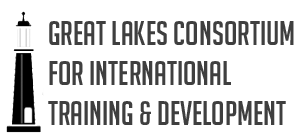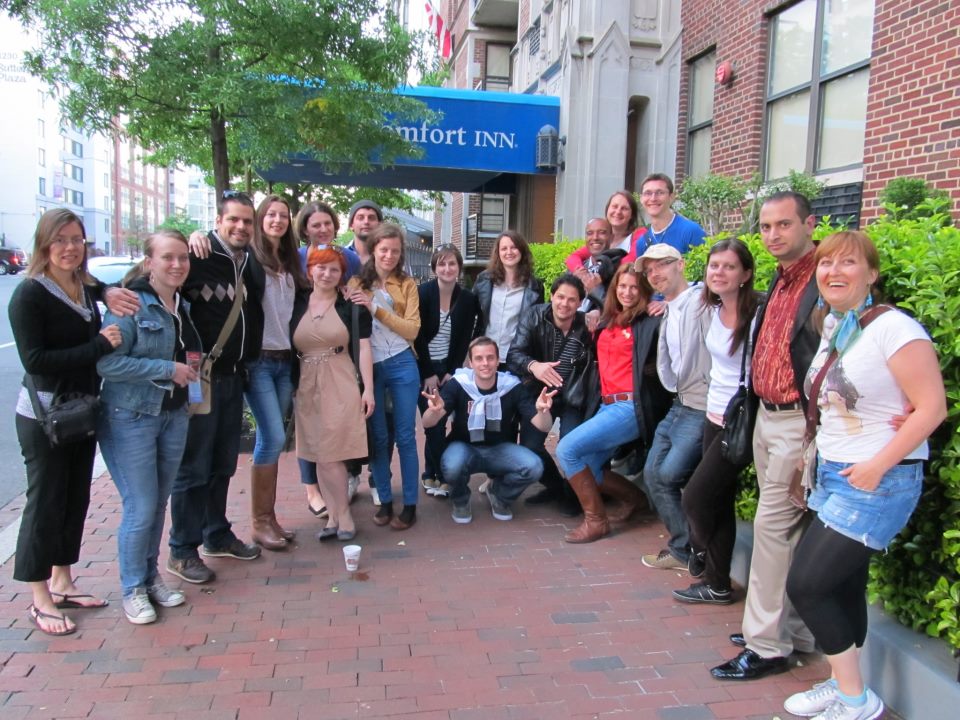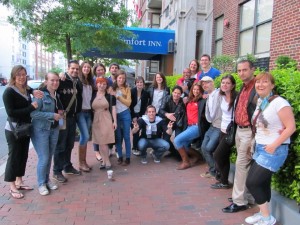BG Organizations working with Roma
![]() “Association Integro” was registered in 2002 as a non-profit organization under the legal non-profit organization. The association’s activities is aimed to build structures of active citizenship in Roma communities, uniting the efforts of these structures for adequate gm diet plans representation of Roma at all levels of decision-making and responsibilities and create conditions for dialogue and cooperation with local authorities and national institutions.
“Association Integro” was registered in 2002 as a non-profit organization under the legal non-profit organization. The association’s activities is aimed to build structures of active citizenship in Roma communities, uniting the efforts of these structures for adequate gm diet plans representation of Roma at all levels of decision-making and responsibilities and create conditions for dialogue and cooperation with local authorities and national institutions.
City: Razgrad
е-mail: info@integrobg.org
web: http://www.integrobg.org/
————————————————————————————————————————————————
 Amalipe Center for Interethnic Dialogue and Tolerance is a leading Roma organization, working for the equal integration of Roma in Bulgarian Society. The organization plays a central role in organizing a Roma civic movement and advocating for Roma integration within the state institutions. Amalipe believes in the equal integration of the Roma people in society by focusing on the preservation of the Roma identity and on the modernization of the Roma communities.
Amalipe Center for Interethnic Dialogue and Tolerance is a leading Roma organization, working for the equal integration of Roma in Bulgarian Society. The organization plays a central role in organizing a Roma civic movement and advocating for Roma integration within the state institutions. Amalipe believes in the equal integration of the Roma people in society by focusing on the preservation of the Roma identity and on the modernization of the Roma communities.
City: Veliko Turnovo
e-mail: center_amalipe@yahoo.com
web: http://amalipe.com/
————————————————————————————————————————————————
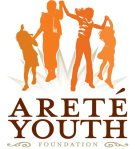 Areté Youth Foundation is a 501(c)(3) organization supporting high-potential youth who are limited by social and economic barriers in Bulgaria and the Balkans. We envision a Roma community of engaged citizens and positive role models who support each other to achieve educational, financial, and personal success. Our Mission is to build sustainable social networks that encourage educational pursuits, instill a culture of giving back and promote mentorship.
Areté Youth Foundation is a 501(c)(3) organization supporting high-potential youth who are limited by social and economic barriers in Bulgaria and the Balkans. We envision a Roma community of engaged citizens and positive role models who support each other to achieve educational, financial, and personal success. Our Mission is to build sustainable social networks that encourage educational pursuits, instill a culture of giving back and promote mentorship.
City: Sofia
e-mail: info@areteyouth.org
web: http://www.areteyouth.org/
————————————————————————————————————————————————
 Student Society for the Development of Interthnic Dialogue – We are a non-governmental and politically independent organization. Our mission is to realize a complete social-educational cycle for the young Roma – popularization of education, carrying out pre-application preparation for entering high schools, carrying out pre-university application preparation, organizing scholarship competitions, motivating young people to acquire the highest possible degree of education, dissemination of information on competitions, scholarships, qualification courses, apprenticeships.
Student Society for the Development of Interthnic Dialogue – We are a non-governmental and politically independent organization. Our mission is to realize a complete social-educational cycle for the young Roma – popularization of education, carrying out pre-application preparation for entering high schools, carrying out pre-university application preparation, organizing scholarship competitions, motivating young people to acquire the highest possible degree of education, dissemination of information on competitions, scholarships, qualification courses, apprenticeships.
City: Sofia
e-mail: roma_students_org@abv.bg
web: http://ssdid.org/en
————————————————————————————————————————————————
 The organization Drom is a Vidin based non-governmental non-profit organization and aims to support the integration of Roma within Bulgarian society, thus helping the process of democratization and European integration. In 2000 the organization started the desegregation process with the idea to provide free access to quality education for Romani children from the all-Romani segregated „Nov Pat” quarter to the mainstream schooling system.
The organization Drom is a Vidin based non-governmental non-profit organization and aims to support the integration of Roma within Bulgarian society, thus helping the process of democratization and European integration. In 2000 the organization started the desegregation process with the idea to provide free access to quality education for Romani children from the all-Romani segregated „Nov Pat” quarter to the mainstream schooling system.
City: Vidin
e-mail: office@drom-vidin.org
web: http://www.drom-vidin.org
————————————————————————————————————————————————
 The mission of Roma Destiny is to help the personal development and social integration of children, youth and adults from Roma origin; to promote the equal access of the Roma to quality education, employment and social services; to promote convergence of ethnic groups in the region of Stara Zagora and nationwide, and to build the spiritual values and the virtues of the civil society by implementing programs and developing partnerships. Roma Destiny connects the different generations with one purpose alone – the Roma to have a better future and Bulgaria to become a model in the area of the uniting of the different ethnicities.
The mission of Roma Destiny is to help the personal development and social integration of children, youth and adults from Roma origin; to promote the equal access of the Roma to quality education, employment and social services; to promote convergence of ethnic groups in the region of Stara Zagora and nationwide, and to build the spiritual values and the virtues of the civil society by implementing programs and developing partnerships. Roma Destiny connects the different generations with one purpose alone – the Roma to have a better future and Bulgaria to become a model in the area of the uniting of the different ethnicities.
City: Stara Zagora
e-mail: romadestiny@gmail.com
web: http://www.romadestiny.org
————————————————————————————————————————————————
 Creating Effective Grassroots Alternatives works for capacity building in different levels, changing attitudes and improvement of policies for social inclusion of disadvantaged communities. The organization works in 4 main fields: 1) Capacity building for social inclusion of disadvantaged communities; 2) Improvement of policies for social inclusion of disadvantaged communities; 3) Changing attitudes for social inclusion of disadvantaged communities and 4) International development. Young people are cross-cutting priority target group in all fields and activities.
Creating Effective Grassroots Alternatives works for capacity building in different levels, changing attitudes and improvement of policies for social inclusion of disadvantaged communities. The organization works in 4 main fields: 1) Capacity building for social inclusion of disadvantaged communities; 2) Improvement of policies for social inclusion of disadvantaged communities; 3) Changing attitudes for social inclusion of disadvantaged communities and 4) International development. Young people are cross-cutting priority target group in all fields and activities.
City: Sofia
e-mail: cega@cega.bg
web: http://www.cega.bg
————————————————————————————————————————————————

————————————————————————————————————————————————
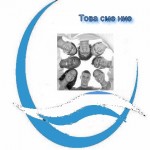 The Association Youth Club “Roma Stolipinovo” is youth oriented non-governmental organization established in 1996. The vision of the Youth Club is to improve the quality life and social inclusion of the Roma youth from Plovdiv and its district through implementing sustainable mechanisms for building capacity, increasing the potential and the self-confidence of the young Roma.
The Association Youth Club “Roma Stolipinovo” is youth oriented non-governmental organization established in 1996. The vision of the Youth Club is to improve the quality life and social inclusion of the Roma youth from Plovdiv and its district through implementing sustainable mechanisms for building capacity, increasing the potential and the self-confidence of the young Roma.
The priorities of the Association are focused on changing the negative attitudes towards the Roma and other ethnic minorities through active participation and engagement of the youth from those societies in the social and cultural life of the country, promoting human rights, education and protection.
City: Plovdiv
e-mail: mkrs@abv.bg
web: http://www.youthclub-roma.org
